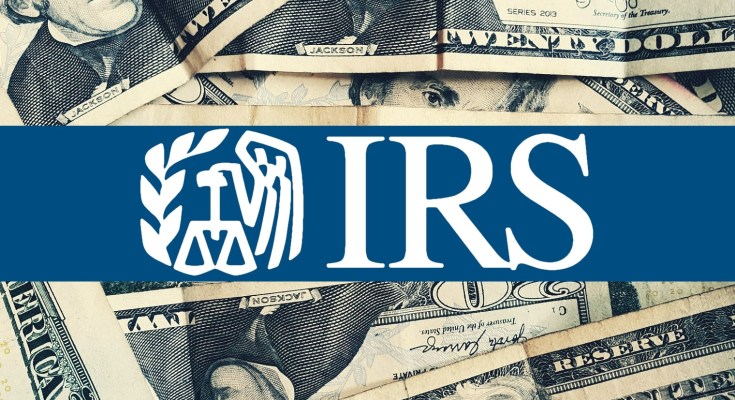According to CNBC, tax experts said, “It’s very likely that NFT buyers or sellers are unaware of the IRS tax regulations, which could result in the loss of a significant portion of their income.”
The question is what guidelines the U.S. Revenue Service has on the use of cryptocurrency to purchase NFTs and other assets. As part of the so-called’asset placement’ principle, the IRS stipulates that “a virtual asset held as an asset is regarded as a capital gain or loss when transacting for goods, including goods or other cryptocurrencies.”
Coin tracker Shehan Chandrasekera, head of tax strategy, said these guidelines from the US Tax Service “have a great influence on the NFT craze.” For example, suppose someone bought Ethereum for $100 (KRW 110,000) in 2018, and now it is worth about $1700 (KRW 1.9 million). If an Ethereum holder buys an NFT worth $1700, you might think that it’s simply a product purchase and doesn’t have to pay taxes on Ethereum.
But According to the US Tax Service regulations, Ethereum is an asset, not a currency. The act of trading an asset for another asset is considered a sale or disposal, so you must pay taxes on the purchase of the NFT. In his opinion, the IRS could impose a tax of $320, assuming a maximum gain of 20%. Many U.S. states, including New York and California, tax capital gains, so you may have to pay the tax required by the state. Chandresekera said, “Because we used assets, not money, there are taxes.”
If NFT buyers later sell their tokens at a higher price and become popular, such as NBA highlight videos or Biffle artwork, they will have to pay a capital gains tax. In addition Since NFTs are considered collectible assets, they are taxed at a rate of up to 28% based on income. Can be a target.
It can be a problem for companies that are at the center of the NFT craze to not properly file their taxes. Large NFT trading platforms such as OpenC and Flow by Dapper Labs only report sales, not how many buyers have bought with cryptocurrency. “(NFT platforms) can only report the selling price of the NFT without knowing whether the buyer originally paid for Ethereum or Bitcoin,” Chandresekera said.
Tax experts say it is almost impossible for the IRS to determine gross income or the total amount of unpaid taxes due to the opening of the NFT. Some predicted it would be tens of thousands or hundreds of millions of dollars. CNBC said this is not for those who bought NFTs with Bitcoin or Ethereum, but for those who bought NFTs with cryptocurrencies that have increased in price since the purchase.
This rule does not apply to foreign investors. For example, a user named Metacoban, who lives in Singapore, who purchased Beeple NFT through Christie’s auction last week for $69 million (KRW 77.4 billion), does not need to pay capital gains tax. There is no such regulation in Singapore CNBC said, “if Metacoban had been an American, he would have had to pay a capital gains tax of over $10 million.”
The US Internal Revenue Service Beef, who sold his art work to NFT, will tax Michael Winkelmanto be. Since he is an artist, he has to pay federal and state income taxes on his sales. Experts predicted that Winkelman would have to pay tens of thousands of dollars in taxes based on the fees he received from Christie. Winkelmann told CNBC that “there are too many damn taxes.”
